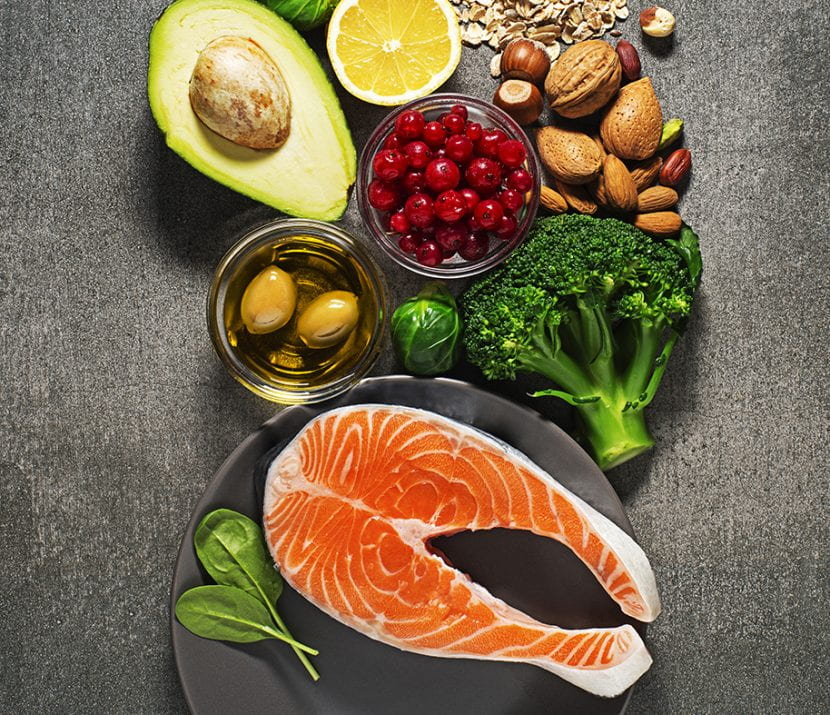Living with type 2 diabetes and non-alcoholic fatty liver disease (NAFLD) can present unique challenges. Both conditions are closely interconnected, as the presence of type 2 diabetes significantly increases the risk of developing NAFLD. However, with proper nutrition and lifestyle modifications, individuals with type 2 diabetes and NAFLD can effectively manage their conditions and improve their overall health. This article will explore the connection between type 2 diabetes and NAFLD and provide practical nutritional advice to support individuals in their journey toward better health.
Type 2 diabetes and NAFLD share common risk factors and often coexist in individuals. Insulin resistance, a hallmark of type 2 diabetes, plays a crucial role in developing NAFLD. When the body becomes resistant to the effects of insulin, it can lead to increased fat accumulation in the liver, resulting in NAFLD. Furthermore, both conditions are influenced by factors such as obesity, a sedentary lifestyle, and poor dietary choices. Nutrition plays a central role in managing both type 2 diabetes and NAFLD. A balanced diet can help control blood sugar levels, manage weight, reduce liver fat accumulation, and improve overall metabolic health. Here are some key dietary considerations:
- Carbohydrate Management: Focus on complex carbohydrates, such as whole grains, legumes, and vegetables, while limiting simple sugars and refined grains. Opt for foods with a low glycemic index to promote stable blood sugar levels.
- Healthy Fats: Choose healthy sources of fats, such as avocados, nuts, seeds, and olive oil. These provide essential nutrients and can help reduce liver inflammation. Limit saturated and trans fats, commonly found in processed and fried foods.
- Protein Choices: Include lean protein sources like poultry, fish, and plant-based proteins. Protein helps maintain muscle mass, aids in weight management, and supports liver health.
- Portion Control and Caloric Intake: Be mindful of portion sizes to maintain a healthy weight. Monitoring calorie intake is crucial for individuals with type 2 diabetes and NAFLD, as excess weight can worsen insulin resistance and liver fat accumulation.
- Dietary Fiber: Increase your fiber intake through fruits, vegetables, whole grains, and legumes. Fiber promotes satiety, aids digestion, and helps regulate blood sugar levels.
Incorporating antioxidant-rich foods into your diet can be beneficial for managing both conditions. Antioxidants help reduce inflammation and oxidative stress, commonly elevated in type 2 diabetes and NAFLD. Include foods like berries, leafy greens, cruciferous vegetables, herbs, and spices known for their antioxidant properties. Staying adequately hydrated is crucial for overall health and liver function. Opt for water, herbal teas, and infused water instead of sugary beverages. Limit or avoid alcohol consumption, which can exacerbate liver damage and interfere with blood sugar control. Each person’s nutritional needs may vary, so it’s essential to consult a healthcare professional or registered dietitian experienced in managing type 2 diabetes and NAFLD. They can provide personalized guidance, create a tailored meal plan, and offer ongoing support to help achieve and maintain optimal health. Managing both type 2 diabetes and non-alcoholic fatty liver disease requires a comprehensive approach, with nutrition playing a pivotal role. Adopt a balanced diet, focus on healthy eating habits, and seek professional guidance.
All Blogs are written by Professionals in the fields of Nutrition, Human Development and Diabetes.
